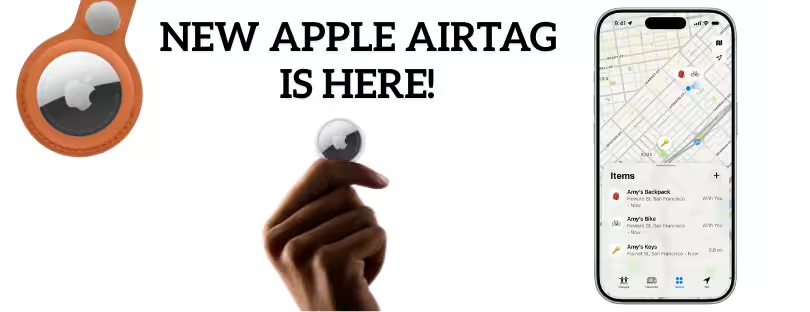
41% Of Patients Would Switch Doctors If They Can’t Communicate By Text Message
Bandwidth Inc., a leading global enterprise cloud communications company, announced a new report based on a survey of 1500 Americans’ preferences in communicating with their healthcare provider. Among the key findings: nearly half of the patients (41 percent) would switch doctors if they couldn’t reach their office by text message. healthcare communication
Over 81 percent of respondents reported that their expectations for communicating with their healthcare provider have changed since COVID-19 began.
“Text messaging has emerged as a critical communications channel in a post-pandemic world, with many people not having the ability or the privacy to phone their doctor while at work. This shows how important it is for doctors to meet patients where they are, in the communications channels that are most convenient and effective,” said Brad Roldan, Vice President and General Manager of Programmable Services at Bandwidth. “That’s why Bandwidth is so committed to empowering healthcare providers to adapt to rising patient expectations and deliver secure, protected health information by text message and other channels.”
The “digital front door” should be a top strategic focus for healthcare providers in 2023, according to the research firm Gartner(R). Effective digital engagement with patients enables doctors to more effectively reach patients in popular channels like text messaging. Bandwidth works with a number of patient engagement platforms that healthcare organizations use to personalize communications and improve patient retention, reduce office operating costs and boost staff effectiveness while improving overall health outcomes. By providing powerful APIs, including HIPAA-eligible text messaging and voice, plus toll-free and in-app calling, Bandwidth helps healthcare organizations meet rising patient expectations in a post-pandemic world.
Other findings from the survey included:
Phone calls are still important healthcare communication
- Although text messaging is emerging as a popular channel, it shouldn’t entirely replace the traditional voice call. In many scenarios, phone calls and text messaging held the No. 1 and No. 2 most popular spots, respectively, for respondents.
- However, in certain cases, this pattern changed. In the case of modifying appointments, a phone call was the number one choice.
Income plays a key role in patient preferences
- There was a significant correlation between income and preferences. Respondents in the lower half of overall reported income ($75,000 and under) most frequently named text messages and phone calls as their top two preferred channels. However, respondents in the higher half of overall reported income ($100,000 and over) were more adaptive to new channels like apps.
- This could potentially speak to an accessibility concern, which is an important consideration for providers and the populations they serve. healthcare communication









